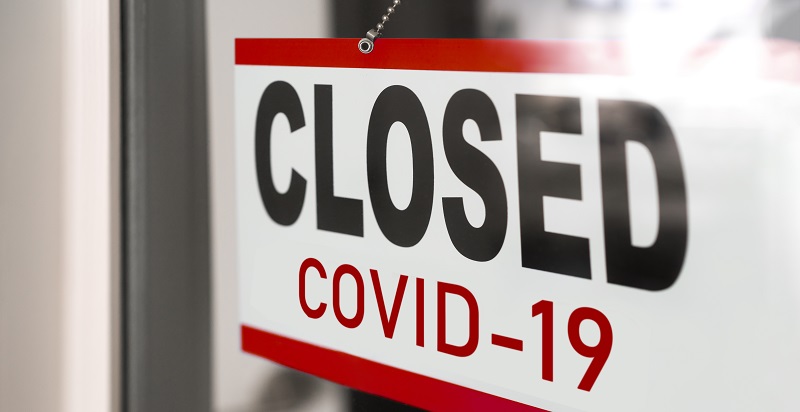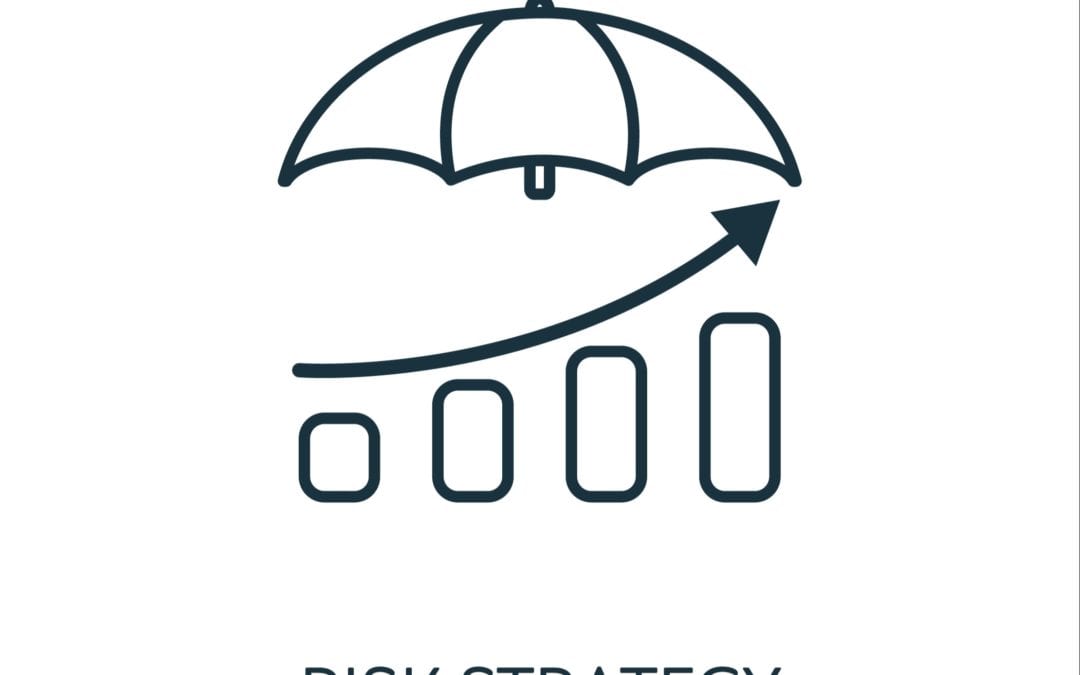How should board members act in a crisis? A board’s mandate is to oversee good governance and risk management, to protect the interests of every key stakeholder and to ensure the strength of its business in the long-term.
Effective crisis management has always involved quick decisions, thoughtful communications, good protocols and strong leadership. So should boards take a firm line, keep calm and carry on… or suspend their focus on growth and profit for a more humane response in the coronavirus era?
What matters is taking extra care when making board decisions during these uncharted waters – and keeping in mind the reputational impact of such decisions.
Cutting salaries and making layoffs needs to be seen to be reflected in the C-suite – quite literally, across the board during a crisis. It sends the message that we’re all in it together.
Turbulent times
Sir Stelios Haji-Ioannou, founder of easyJet, attacked his own board for taking out an emergency £600m taxpayer loan and threatened to sue bosses personally over a £4.5bn order for 107 Airbus planes which he claimed was the main risk to the survival of easyJet.
Sir Stelios, who received a £60m dividend in March from the company and owns approximately 34% of it, said he would call an extraordinary general meeting every seven weeks to remove non-executive directors for “dereliction of duty.”
Which begs the question about how boards should be handling decision-making and balancing long-term strategy with proactive responses in such an unsettled period. Surely this is a time for boards to demonstrate understanding of the society and community they serve by revisiting rewards and changing incentives?
So how are boards managing the effects of Covid-19 crisis?
In the financial sector, senior executives and board members at Barclays, Standard Chartered, HSBC, RBS, NatWest and Lloyd’s have agreed to give up their 2020 bonuses. ITV also scrapped director bonuses and said its entire board including NEDs would take a 20% pay cut until at least the end of June.
Across multiple industries, CEOs are taking partial and full pay cuts in response to the pandemic. Some of the UK’s biggest banks held back £8bn from shareholders and insurance companies have scrapped payouts of around £1.3bn. And yet dividends and bonuses are still flying around.
In the retail sector, Tesco has secured a £585m tax break following the government’s business rates holiday (their stores pay around £700m a year in business rates) and yet has decided to pay £900m in dividends to investors and shareholders. Sometimes dividends reflect the previous year’s performance and happier times, as Stelios claimed.
- Should boards be suspending bonuses and dividends during the coronavirus crisis?
- Is it more sensible to preserve cash until the way ahead is clearer, and make payments in 6, 12 or even 18 months’ time?
- When so many people are being furloughed, losing their jobs and facing financial difficulties, is it appropriate?
- Will there be a backlash from the public if they do not show restraint?
If questions like these appeal to you, then maybe you’re ready for a place on the board.
Today’s boards are socially responsible with the ability to balance thinking long-term strategy with short-term reactions. Spun positively, a crisis such as coronavirus can offer an opportunity for innovation to protect and potentially amplify core business.
This is where breadth of experience and gutsy leadership skills count. It takes a certain kind of individual to push through. There are renewed opportunities to bring skills and specialisms to the highest strategic level. Check out the IoD’s excellent article on what boards should be considering in these volatile times, focusing on the corporate governance of coronavirus.

Getting more women on boards
In the last couple of months, it’s been particularly interesting to see how female leaders have tackled the coronavirus pandemic with impressive results. Modern boards recognise the need for – and benefits of – diversity.
At City CV, we’ve focused on the appeal and benefits of joining a board if you’re a woman as well as offering your experience and expertise as a non-executive director. Now more than ever, there’s a place for people who have the skills and the commitment to power through adversity and make a difference.
If you’re thinking about your next move, we are here to help. Give us a call on 020 7100 6656 or email us.

